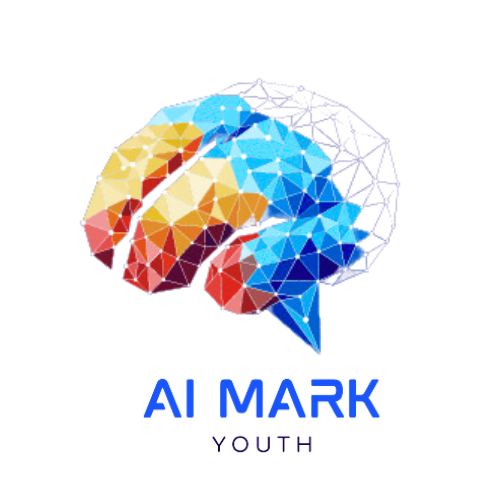Artificial Intelligence (AI) is not just transforming industries; it’s redefining how marketers approach digital engagement and customer interaction. AI technologies offer unprecedented capabilities in analysing data, predicting trends, and automating tasks, which are critical in today’s dynamic marketing environments.
The Role of AI in Modern Marketing Strategies
AI integrates into various facets of digital marketing, from content creation to customer service, enhancing efficiency and effectiveness. By leveraging AI, marketers can unlock new insights, personalise marketing efforts, and ultimately, drive better business outcomes.
Key AI Technologies Transforming Digital Marketing
Predictive Analytics: AI’s ability to analyse data and predict future trends is invaluable in understanding consumer behaviour and preferences. Marketers can use predictive analytics to forecast customer responses, purchase behaviours, and even potential churn, allowing for timely and relevant engagement strategies.
Chatbots and Virtual Assistants: These AI-driven tools are revolutionising customer service by providing 24/7 assistance and personalised interaction. They can handle a range of tasks from addressing customer inquiries to assisting with purchases, freeing up human resources for more complex issues.
Programmatic Advertising: AI optimises ad buying so that marketers can target more specific audiences. Programmatic advertising uses AI to buy and place advertisements in real-time, improving the efficiency and effectiveness of ad campaigns.
Content Generation: AI tools can now draft content that resonates with audiences, including emails, social media updates, and even blog posts. This technology not only saves time but also maintains a consistent voice across various marketing channels.
Fundamentals of Machine Learning in Digital Marketing
Machine Learning (ML), a critical subset of AI, plays a foundational role in enhancing digital marketing strategies. It is an AI technology that enables systems to learn from data, identify patterns, and make decisions with minimal human intervention. In digital marketing, ML is essential for processing vast amounts of data to derive actionable insights.
Key Components
Supervised Learning. This ML method uses labelled datasets to train algorithms to classify data or predict outcomes accurately. For instance, it can categorise customer feedback into positive and negative sentiments.
Unsupervised Learning. This involves algorithms learning from data without pre-existing labels. It’s particularly useful in identifying hidden patterns in customer data, which can inform segmentation and targeting strategies.
Reinforcement Learning. Used in scenarios where marketing strategies adapt based on the behaviour of customers. For example, adjusting email marketing tactics based on the open rate and conversion metrics.
Applications and Opportunities
The integration of AI and ML in digital marketing not only streamlines operations but also opens up new avenues for engagement:
Personalisation at Scale. AI analyses customer data and behaviours to tailor marketing messages and offers to individual preferences, enhancing the customer experience and increasing engagement.
Optimised Customer Journeys. By understanding customer pathways, AI can optimise touchpoints to ensure smoother interactions, reducing friction and enhancing satisfaction.
Improved ROI. AI’s efficiency in data processing and analysis helps marketers allocate resources more effectively, maximising the return on investment.
Conclusion
The “AI-MarkYouth” project is at the forefront of this transformation, empowering youth with the skills to leverage AI in digital marketing. By participating in our project, young professionals not only gain a competitive edge but also contribute to shaping the future of marketing in a digital world.
